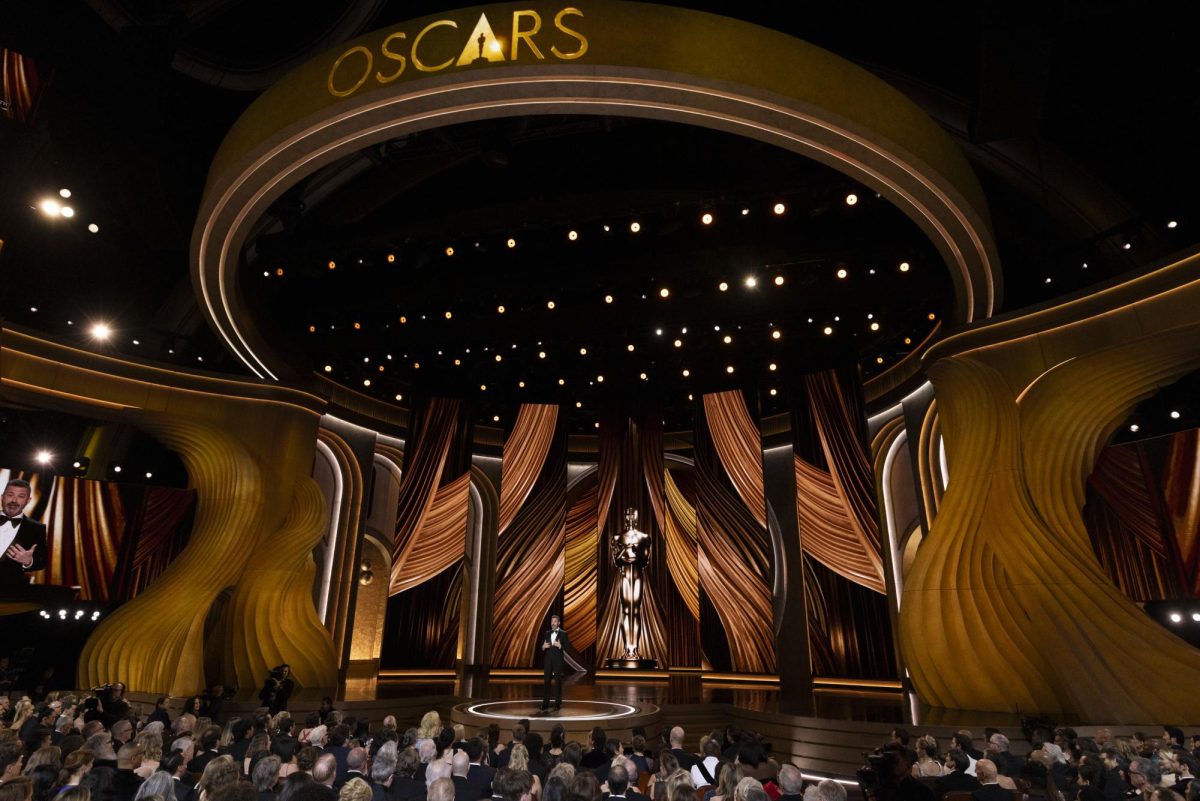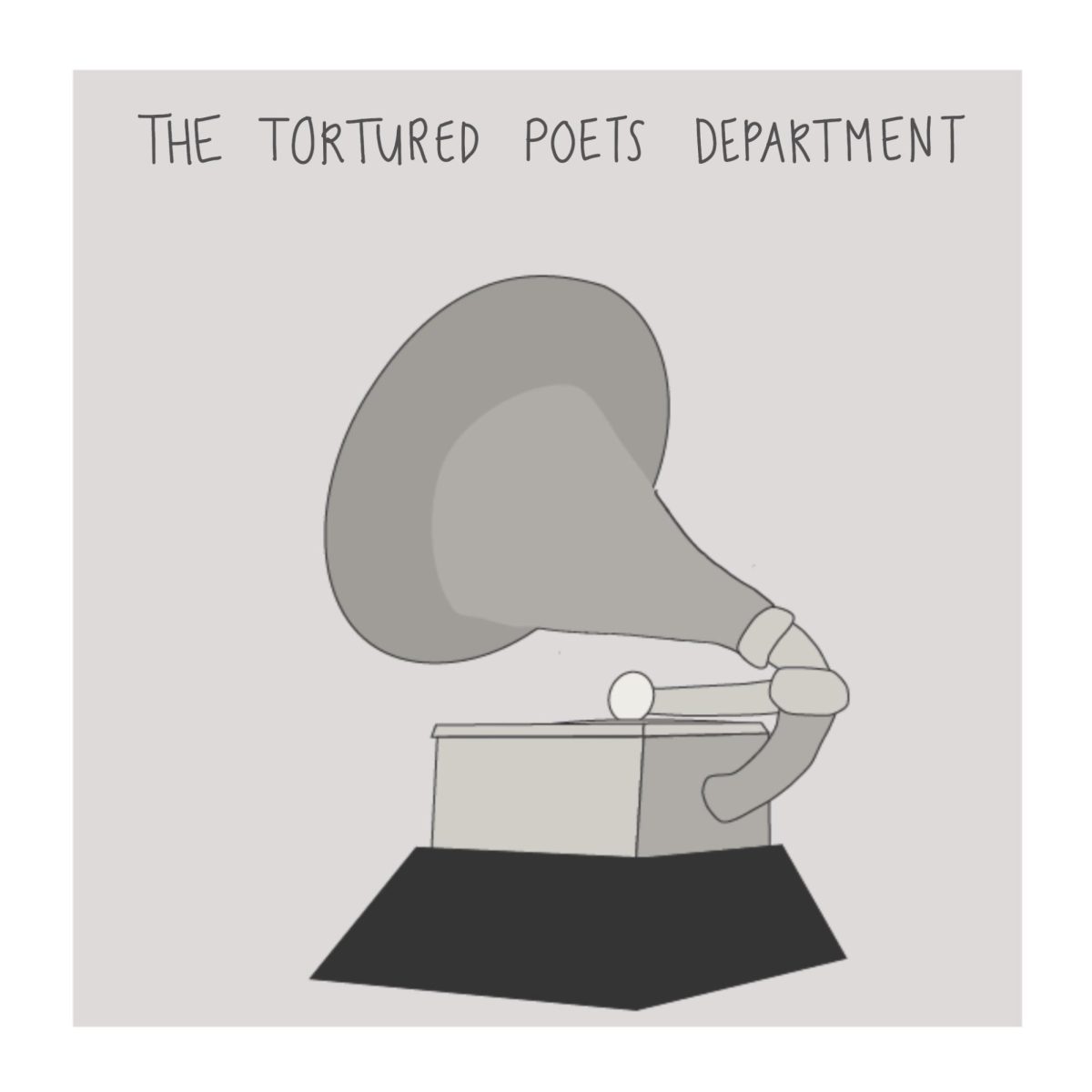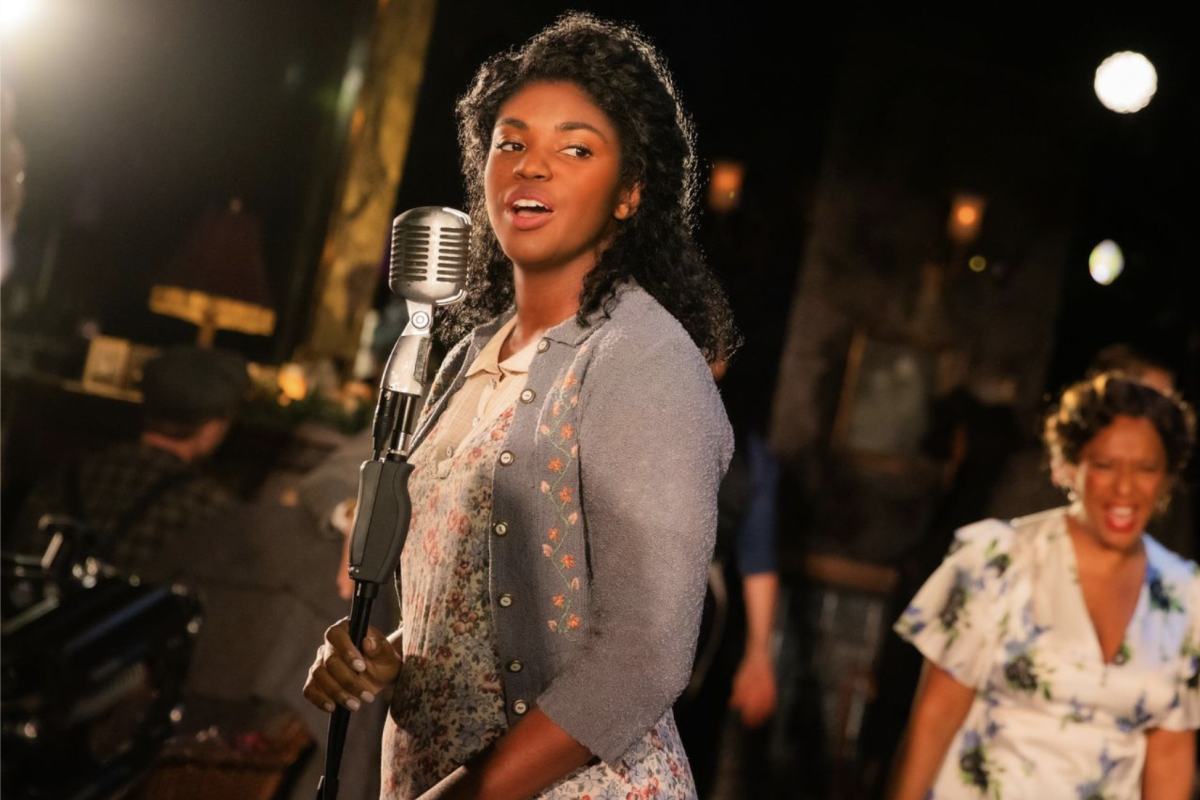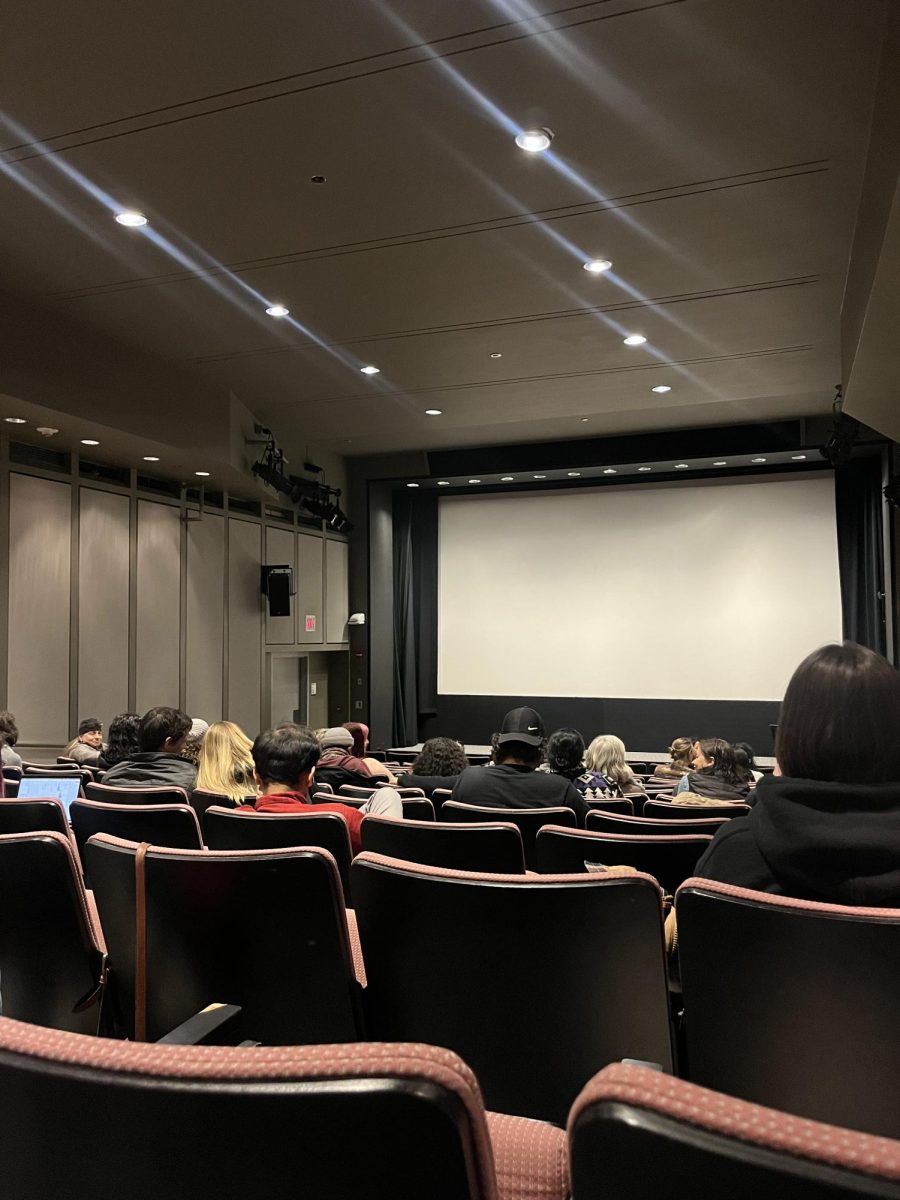By Juan A. Ramirez, A&E columnist
Well, reader, I’ll let you in on the creative process behind this week’s column.
I originally intended to praise the maturity and craftsmanship of two recent hit miniseries – HBO’s “Big Little Lies” and Netflix’s “13 Reasons Why” – both of which have dominated the cultural conversation for the past few weeks. I was going to sing the praises of their format, more akin to chapters of a lengthy novel than commercial television. I wanted to commend their respective studios for creating exceedingly satisfying works in the self-contained miniseries format, eliminating the notion of “seasons” and profitability, instead focusing on following stories to their logical conclusions. “Artistic integrity is still alive,” I would’ve written.
Then I started procrastinating via Twitter and was saddened (though, grimly unsurprised) to find both series considering further seasons due to their popularity. With one fell swoop, my column idea was destroyed and my deflated cynicism restored. The joys of creation!
Of course, you can’t fault a creative company too harshly for wanting to capitalize on the massive success of its product; television is especially notorious for its money-hungry ways. What’s shocking is the willingness of Liane Moriarty, author of the book upon which “Big Little Lies” is based, to drag out her deliciously trashy tale of devious California moms at the behest of the show’s producers. The seven episodes that as of now comprise the series are a perfect capsule, a fully-realized story capped by a masterful ending. Anything that takes place afterward, however well-acted or handled, would only weaken the impact of the current narrative.
Even ghastlier is the thought of “13 Reasons Why” returning for a second season, though that’s exactly what Jay Asher, who wrote the novel the miniseries is based on, has been considering since the series became the most popular ever in Netflix history. The story’s length restriction is built directly into the title, which refers to 13 tapes a suicidal teen recorded before taking her life. To bring the show back would be insulting, not just to sound taste and logic, but to the fictional teenager at its center.
There’s something earnest and irresistible about miniseries – they feed our desire to spend more time with characters we grow to love, without the long-term contract demanded by open-ended shows. Moreover, they provide artists a way of marrying the cinematic and the literary in a way most two-hour films cannot, mining the rich details of the written word to create an enhanced, more thorough visual experience.
Free from the constraints of thinking ahead to the next season or the next marketing tie-in, miniseries are incredibly enticing for artists who are not looking to remain trapped on the small screen. There is simply no other way HBO could have scored as illustrious a director as Jean-Marc Vallée and as “Oh, wow, SHE’S in this, too?” a cast as one that counts Reese Witherspoon, Nicole Kidman, Alexander Skarsgard, Zoe Kravitz and many, many more among its principal characters.
What’s most seductive about miniseries, however – from 1967’s existential spy thriller “The Prisoner” to each installment of the “American Crime” and “Horror Story” anthologies – is the form’s inherent promise that you will move on – on to the next distinct series, which will bring with it a new cast and set of ideas that will, in turn, lead to the next change in scenery. The lack of commitment is liberating in its casualness and arresting in the way it reminds us that the next great story is right around the corner.
British television figured this out long ago and has been ridiculed in the United States accordingly. The joke about a long-running British show being two seasons stops being funny when you realize everyone involved, from the actors to the audience, has moved on to bigger and better things. This fundamental succession keeps things fresh, not in a throwaway coddling of short attention spans, but in a way that keeps us engaged, not in a particular series or cast, but in the art of consuming art.
I’ve made no attempt to hide my desire for American entertainment to strive for creative brilliance and start taking more chances. With the miniseries format, it may have found just the right balance between commerce and culture to keep diverse audiences attuned to the different tides of storytelling that could ebb and flow in such a system. Perhaps, if “13 Reasons Why” and the like go forward with their continuations, they won’t be disasters – they did, after all, manage to succeed at all in the first place. But let’s learn to respect brevity as a valid artistic virtue and let good things go once they conclude. If not, well I’ll still be interested in who gets cast in “2 Big 2 Little: Lies Reloaded.”



















